In the sports world, there has been a rise in discussions about the importance of mental health in sport. When we talk about ‘fitness’, the first thought that comes to the mind of most people is physical well-being through exercises and training. We can now consider an essential and underrated component called mental fitness, most commonly known as mental health.
With the recent news of Bollywood actor Sushant Singh Rajput, conversations have yet again sprung up around depression & mental health, especially considering the current times we are in. In the world of global football, five known cases of footballers who unfortunately lost their battle against depression: Robert Enke, Gary Speed, Dale Roberts, Hughie Ferguson and Hughie Gallagher. In India too, we were unfortunate to have lost former India captain V.P. Sathyan of Kerala in 2006 and former Aizawl FC player Michael Lalremruata, aged 24.
The English Football Association (FA) has a four-corner model which focuses on development – technically, physically, psychologically and socially. This model clearly shows that they believe in developing the person and the player, not just the player. To their credit, they hold regular seminars and webinars on mental health and also talk about it on their coaching courses.
We are taking the right route by promoting the importance of being mentally fit and stable to footballers, and, we must also keep in mind that football coaches and managers usually live a highly stressed life, having to constantly deal with the pressures of delivering results week in and week out to stay in their job. They need to deal with managing a group of a big number of players who all have different personalities, they need to deal with the pressure from their boardroom (referred to as higher management in India), they need to deal with fan scrutiny and they need to juggle all of these professional challenges with their personal life. Youth coaches have to deal with pressures too, of having to work according to a set framework and also be on the receiving end of parental criticism.
As the Association of Indian Football Coaches (AIFC), the welfare and development of coaches is paramount and we hence treat this as our duty to guide our colleagues on how to positively and effectively deal with the pressures that come with the phenomenal profession of being a Football Coach.
This article intends to leave our coaches, especially who are going through difficult times due to the pandemic with hope and stories that would leave you all encouraged.
Technically & scientifically we know that there are four quotients that are applicable to every individual working on the pitch, in the football fraternity – intelligence quotient (IQ), emotional quotient (EQ), social quotient (SQ) and the most vital one for this article, adversity quotient (AQ).
We’ll try and apply the above-mentioned quotients by getting to know it from the coaches’ experiences we’ve spoken to.
IQ is one of the most commonly known abbreviations. Intelligence quotient refers to the ability of an individual to grasp information, in most cases, quickly and effectively. When asked about how important it is for a coach to grasp new information and keep updating/upgrading themselves, AIFC Core Team Member and AIFF Instructor Caetano Pinho said,
“It is very important for coaches, similar to any other teacher, doctor or even scientist, to keep themselves updated, because the knowledge and science behind any piece of information constantly keeps evolving. If we fail to keep up to date with the newly discovered information, we can risk the danger of having outdated concepts and that can leave us behind the current times very easily. We must use the easily accessible internet to always keep ourselves updated with the latest studies and trends and that is the art of a constantly evolving with time, an attribute that Sir Alex Ferguson was a master of.”
FC Bengaluru United Head Coach Richard Hood on the same, said,
“IQ is also about quickness and effectiveness in applying knowledge and know-how. Beyond a point, all of the intelligence one can bring through requires being thorough with your methodology and clear about your game philosophy. This thoroughness and clarity can serve as the foundation for all of the emerging insights we can access in the performance or development related aspects of coaching. A coach’s curiosity and motivation to learn, upgrade and up-skill should ideally have relevance to how he or she intends to optimise the potential of the people, places and processes they are engaged with, to build their armoury of competencies based on what works and can be applied.”
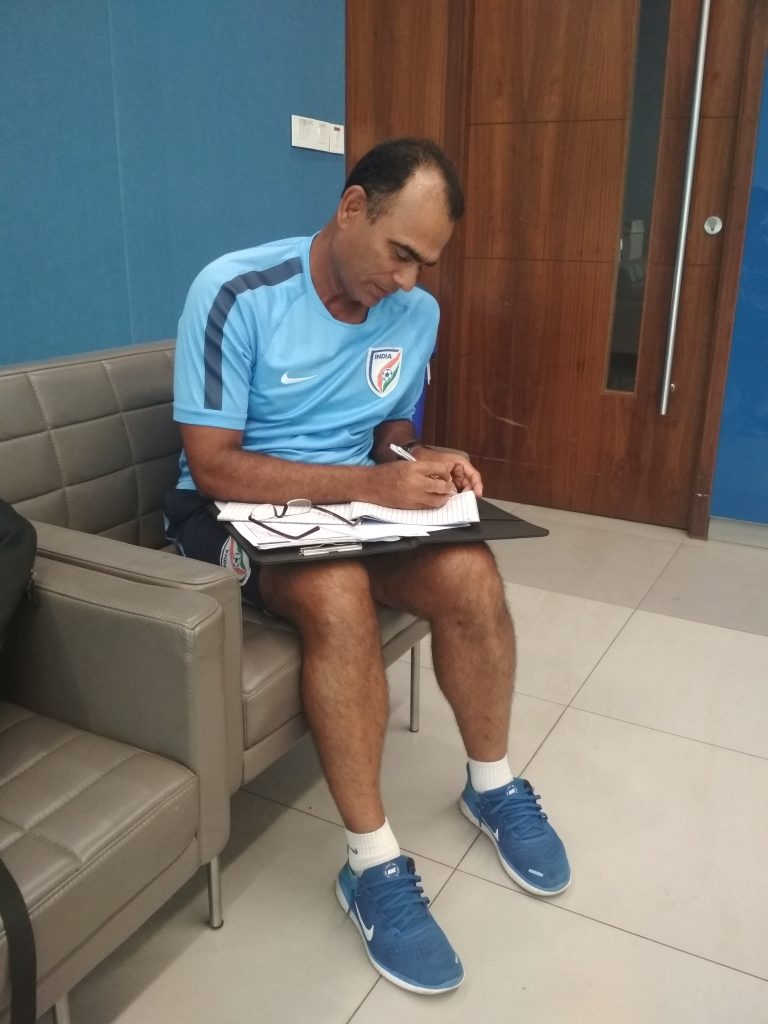
Second, someone with a high emotional quotient can deal with their own and other’s emotions effectively and is a huge determinant of a person’s maturity. They tend to be responsible with their words, do not intentionally hurt others feelings, have empathy and look at situations from everyone’s perspective. Our country’s Head of Coach Education, Mr. Savio Medeira has reached the pinnacle of this quotient as he is highly effective at looking at every situation from a logical and unbiased point of view, taking into consideration every aspect of why someone would take actions the way they do, both on the field and off the field. Speaking on the following, he said,
“The biggest strength of mine in this regard is the attribute of self-awareness, which I always practice in every situation. I go by the approach that I need to understand myself perfectly first, before trying to understand others. Putting oneself in another person’s position in order to understand them better is a positive quality to possess. The art of listening is vital and we need to have a good balance when dealing with situations and never allow the temptation of being judgmental to creep in. We have to respect individuals and acknowledge each person’s opinion at that particular moment, even if our views differ from theirs.”
A young and dynamic coach in Saksham Kakkar who is currently the coach at Reliance Foundation Young Champs (RFYC) has to deal with young players in his Under-13 squad. When asked about how important it is for him as a coach to engage emotionally with the kids, Saksham said,
“I think it is quite important, and that does not necessarily mean getting emotional during games or training. On the other hand, care and being your natural self goes a long way with kids, especially if you want the buy in from your players. They can quickly smell if somebody is not being genuine or caring, so that is something I would strongly advise staying away from.”
The third quotient is the social quotient, which is a vital attribute for leaders. This quotient looks at how well a person can manage other people and behave dynamically in every type of situation, while simultaneously be able to foster healthy relationships over a period of time. The forming of AIFC is a good example for this. It has been very effective in uniting coaches across the country to take on responsibilities of the association and in professional football and also it being a platform for the coaches.
One of the five Directors and ISL coach Thangboi Singto was asked about how the AIFC is using its platform to unite all coaches across the country for their social welfare, and his response was,
“We humans are social animals who need to be connected to people who we relate to, continuously, in terms of work, beliefs and contributions to the society. This pandemic has not stopped us from relating with each other and keeping in touch. A small part of AIFC’s aim, with the support of all football loving people, is to try and build a house along with the coaches as the roots to firmly set the Indian football home, in order to build a stronger foundation and grow together. The future aim is to help build the social values and also to help the coaches who are in dire straits during this challenging pandemic. The present situation has made us realize that the best joy is the joy of helping others or lending an ear to someone who is facing hardships and to survive and propel towards living a better life. The AIFC aims to play its small important part always”.
Having looked at the three quotients, the fourth quotient is one of the most vital as well as fatal quotients to have, depending on whether the individual can navigate it positively or negatively, AQ, the adversity quotient. We all face tough experiences at some point of time in our lives and it is our ability to deal with those difficult or unpleasant situations that define how strong we are mentally. This is the quotient where depression can occur. Coaches may find that results are not going their way or that they lack the support to motivate them to do their job, and this is a gloomy event that most coaches have faced at least once in their life.
When asked to reflect upon coaching not being an easy job and his rise in working with the national teams, and specifically about how difficult it has been dealing with adversities, in this case, losses or results that do not go according to plan, Coach Floyd Pinto said,
It is safe to say that you cannot avoid adversity as a professional. What you can do is prepare well and have an organized structure to the way you work and that eases the effect of an adverse event, like loss, injury and game time. Conversations and observations are key to maintaining a positive mindset.”
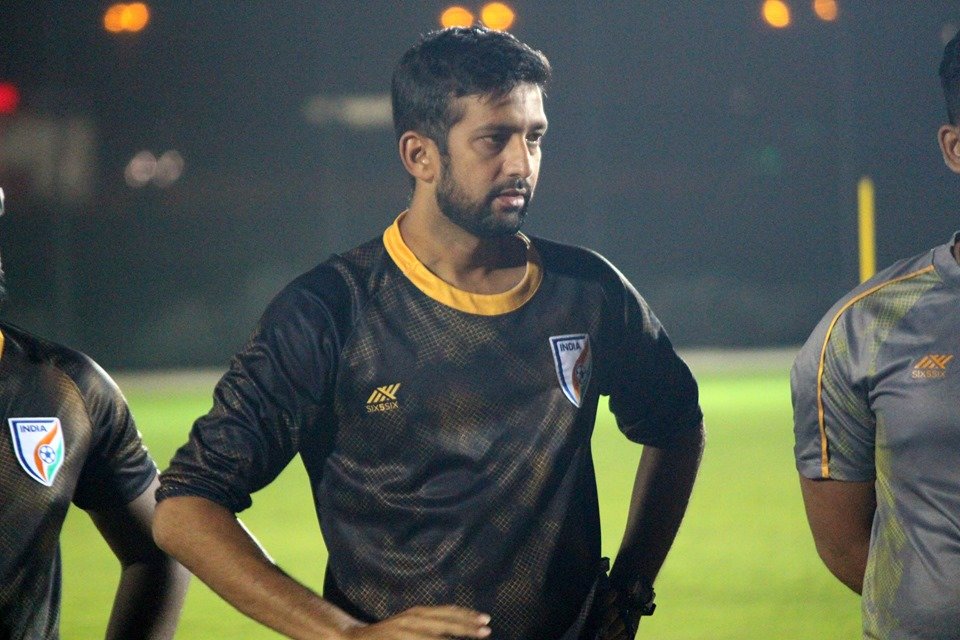
“Losses and defeats are a part of a coach’s life and it is also an essential determinant of our job security. As one reaches a higher level in the game (professional football), it is all about results. I always practiced being accountable and adaptable to change if need be and spirituality helped me bounce back from situations of adversity. I have always been resilient to learn from mistakes and been open to feedback. Empathizing with staff and players, especially during tough times, has helped me to keep the atmosphere within the team heathy”, Coach Savio Medeira added.
A Hindi phrase ‘’hausla buland’’, which translates to being buoyant, in other words, ‘the going gets tough when the tough gets going’, is exactly how one can summarize the adversity quotient.
Life will not always be smooth sailing for us and therefore we hope that the experiences & stories shared above keeps you going and consider it relatable and not think of ‘giving up’ as an option.
Ryan Roy Shah is an AIFC Core Team Member, Mega Pro Football Academy Head Coach, FA/FAW/SFA qualified coach & PFSA qualified scout
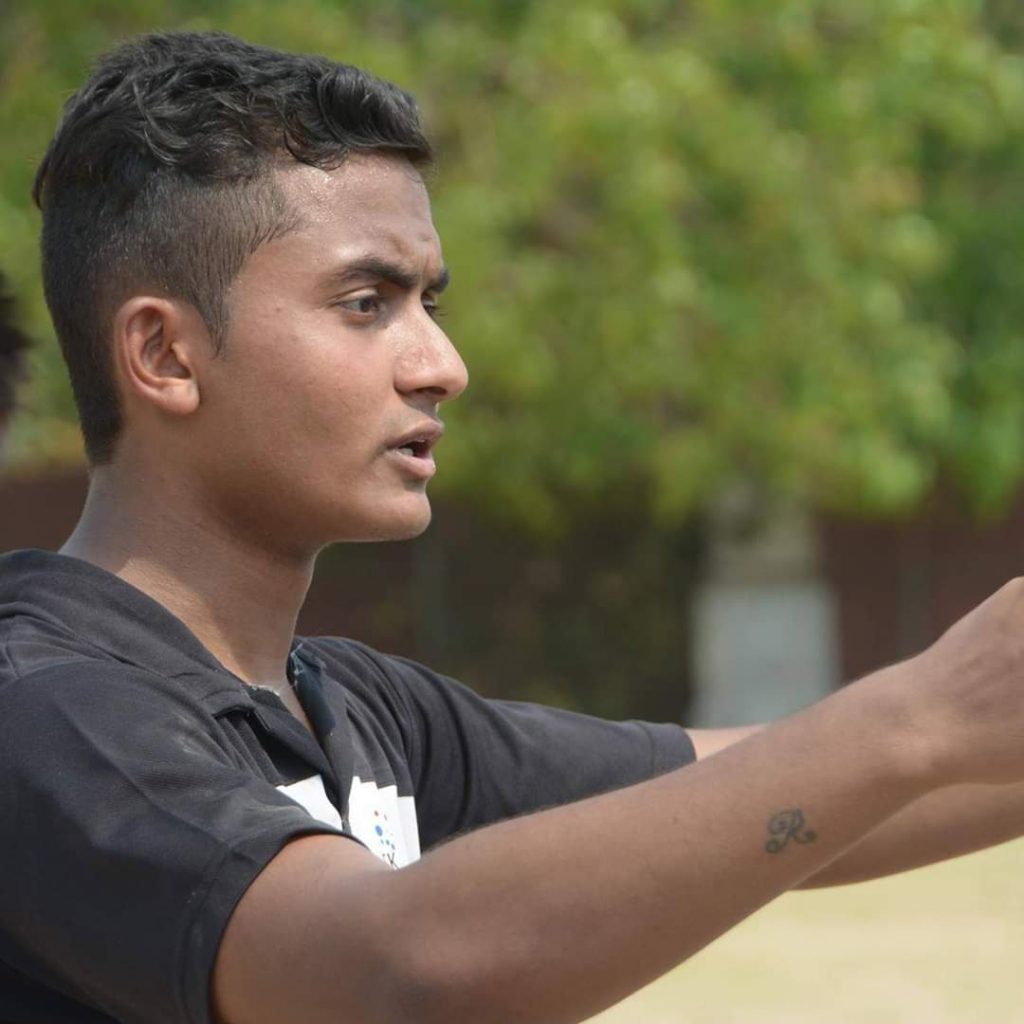
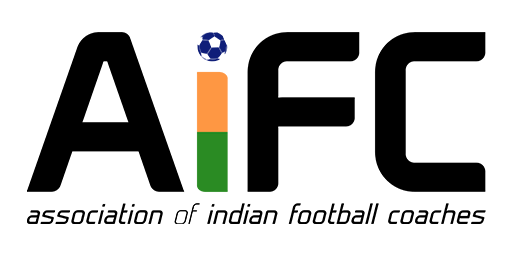
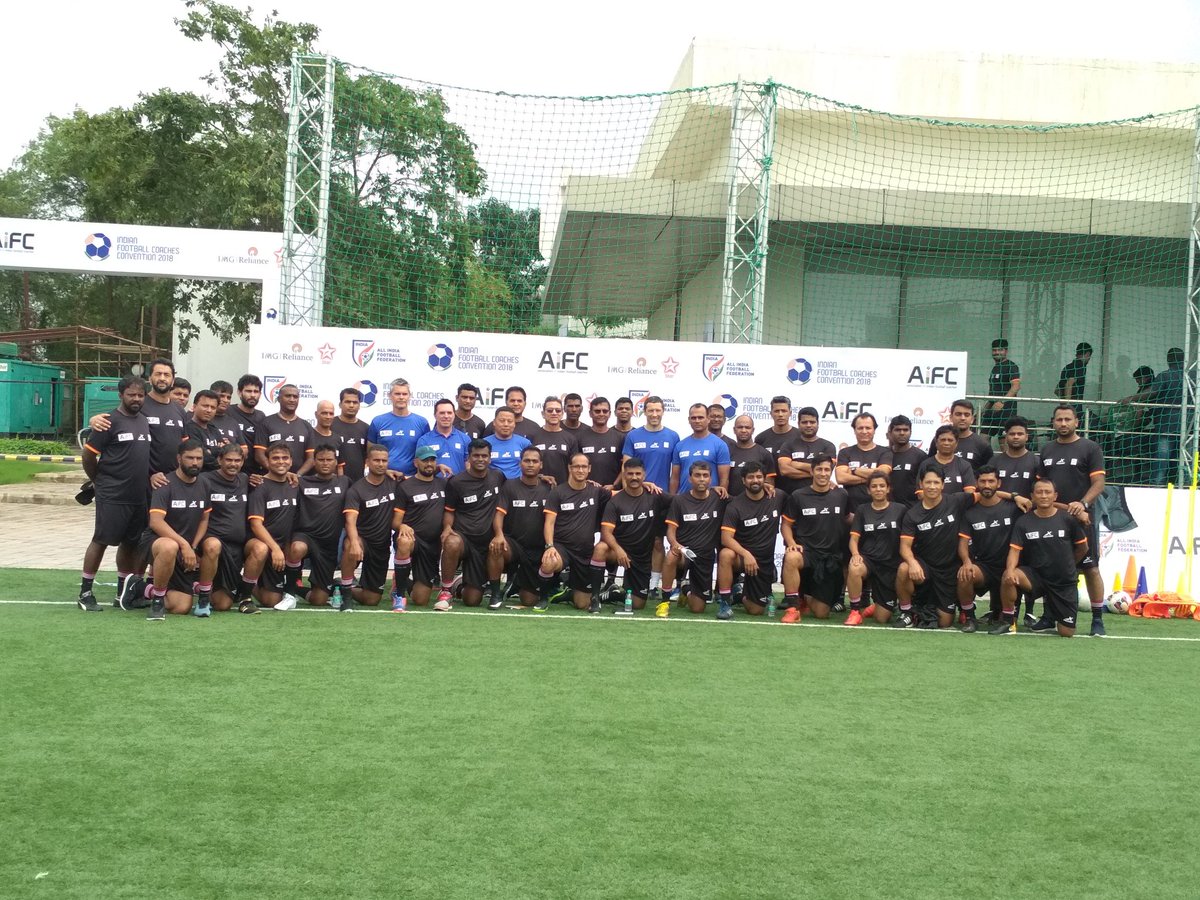
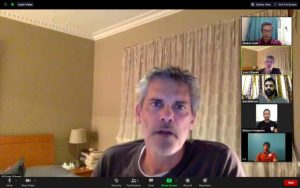
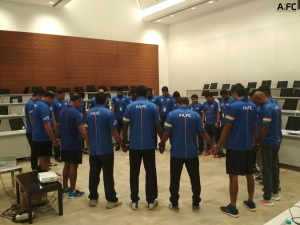
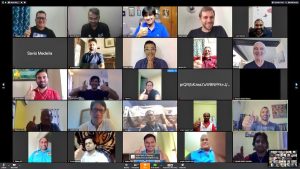
Bimlesh
8 Aug 2020Sir name bimlesh Yadav
Position goalkeeper
Age u15
From Uttar Pradesh (Ghazipur)
Sir humko bhi join karna hai AIFC